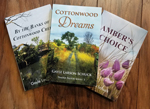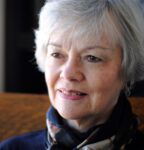A Book, a Movie, a Trip to New England
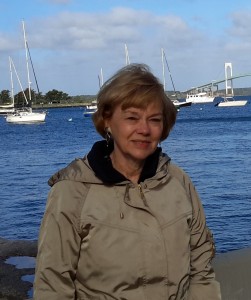 A book, a movie and a trip to New England have me thinking about liberty. We cannot, in the peaceful heartland of America, begin to grasp how the rest of the world yearns for freedom. Neither do we often get a panoramic view of the many battles that have been fought for freedom on our behalf.
A book, a movie and a trip to New England have me thinking about liberty. We cannot, in the peaceful heartland of America, begin to grasp how the rest of the world yearns for freedom. Neither do we often get a panoramic view of the many battles that have been fought for freedom on our behalf.
In the recent Tom Hanks movie, Bridge of Spies, part of the movie is set in Germany as the Berlin Wall was being built in 1961. The scenes were grim: destroyed buildings, barbed wire, trigger-happy guards, thugs on every corner, no heat in the buildings. The people living there were totally at the mercy of an enemy (Communists) whose goal was to break them.
Those scenes fit well with a riveting book I just finished. Things We Couldn’t Say by Diet Eman, is the true story of a young woman from the Netherlands. As part of the Resistance during World War II, she helped Jewish people hide or escape. The Nazis arrested her in May 1944. Eman mused about freedom while in prison:
“One evening in August, after my hearing, a number of us were sitting and fantasizing about liberty. We talked about what it would feel like and what we would eat and where we would go.” Eman named her own freedom fantasy: “I would love to take a bath and soak and shampoo and put on clean underwear and clean clothes!”
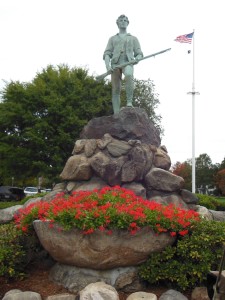
Minuteman Statue at Lexington
Ah, the simple pleasures of freedom: When was I last grateful to walk where I want, to eat bread that isn’t moldy, or have a shelf full of soap and shampoo?
Our recent tour of the New England was a trip through American history. The War for Independence becomes very real as you follow the Freedom Trail from Lexington, where the first American was killed, to Concord where the Emerson family watched from a window in their home as the Americans fired on the British for the first time. I felt the helplessness of being subject to another country; the terror of having soldiers running through the yard; and the fear as sons, husbands, and brothers enlisted.
Edmond Burke, an Englishman who lived in the 1700s, said, “Those who don’t know history are bound to repeat it.” As we traveled through New England, I was embarrassed by how much of Early American history I had forgotten.
At Arlington Cemetery in Washington, D.C., we watched the solemn changing of the guard at the Tomb of the Unknown Soldier, known but to God. Later as we left, World War II veterans were arriving. Dozens of these men passed us in wheelchairs or using canes, as the crowd applauded their courage and sacrifice.
We enjoy liberty here in the United States because these men and so many more people have fought for our freedom. Arlington Cemetery alone has over 400,000 graves, a sober testimony to the price of liberty.
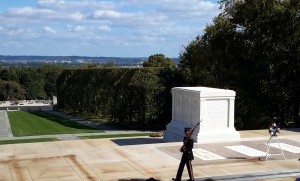
Tomb of the Unknown Soldier
“I had always taken freedom so much for granted,” Diet Eman said. “But now I knew it was a gift.”
I confess to being lackadaisical about this gift. Truthfully, I only have a surface knowledge of my rights and responsibilities as an American; I don’t sit around reading the Bill of Rights or the U.S. Constitution. Maybe I should. Maybe we all should.
You can learn more about our freedoms at: www.billofrights.org.
